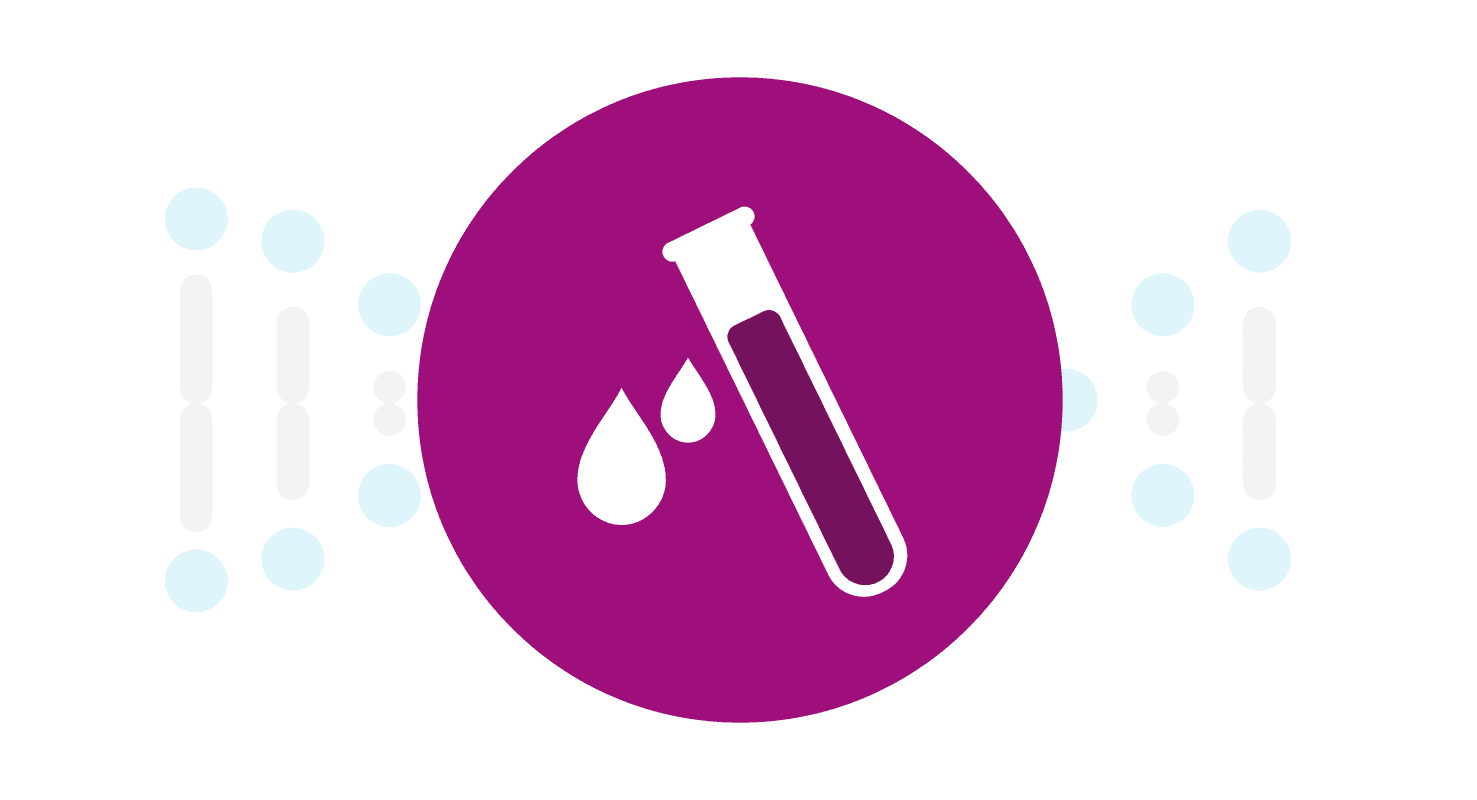This August’s record-setting heat waves serve as a reminder to pay special attention to sun and heat exposure.
Many of us already understand that sun exposure can increase one’s risk for certain types of skin cancer like melanoma and basal and squamous cell carcinomas. But beyond skin cancer, increased UV radiation and heat can also exacerbate several other health conditions. Learning more about some of these conditions and your genetic likelihood of developing them can help you better protect yourself this summer.
A Resurgence of Rosacea
Rosacea is a chronic skin condition that often causes redness, flushing, or visible blood vessels around the nose and cheeks. Symptoms come and go in response to environmental triggers.
Sun exposure is a common cause of rosacea flare-ups, particularly in the summer. However, basic protection measures – like avoiding midday sun, wearing a hat, and applying a gentle, mineral-based sunscreen – can help lessen symptoms.
It also helps to be aware of your genetics. Rosacea is likely due to a confluence of factors, including genetics and inflammation caused by an overactive immune system.
23andMe researchers, in collaboration with academic and industry partners, identified two genetic variants associated with rosacea among people of European descent and unearthed seven gene regions related to rosacea symptom severity.
Current research aims to better understand the condition and identify therapies that can help treat symptoms.
Weathering Lupus Flare-Ups
The summer sun can also spell trouble for people with lupus. This chronic autoimmune condition occurs when the body’s immune system attacks its own tissues and organs. The resulting inflammation can affect joints, skin, and various organs.
Many people with lupus experience photosensitivity and flare-ups after UV exposure. A four-year study by 23andMe and Pfizer of 6,000 individuals with lupus found that 67 percent of participants reported skin reactions after sun exposure.
Dermatologists recommend a suite of lifestyle modifications that include wearing sunscreen, shading or tinting the windows of your car, and even choosing lightbulbs with lower irradiance.
Staying Safe this Summer
Too much UV exposure and too much heat can leave their mark, but with a little knowledge and preparation, you can maximize the last few weeks of the season.




